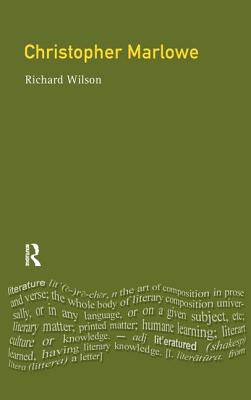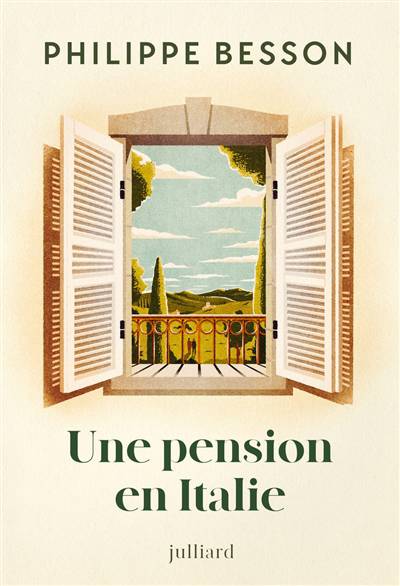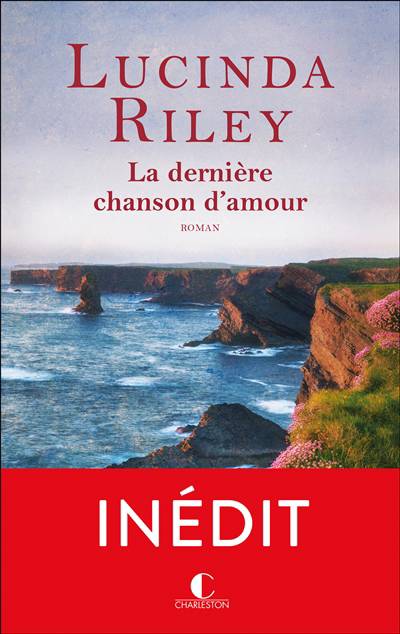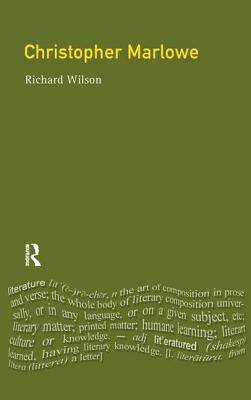
- Retrait en 2 heures
- Assortiment impressionnant
- Paiement sécurisé
- Toujours un magasin près de chez vous
- Retrait gratuit dans votre magasin Club
- 7.000.0000 titres dans notre catalogue
- Payer en toute sécurité
- Toujours un magasin près de chez vous
290,45 €
+ 580 points
Description
Christopher Marlowe has provoked some of the most radical criticism of recent years. There is an elective affinity, it seems, between this pre-modern dramatist and the post-modern critics whose best work has been inspired by his plays. The reason suggested by this collection of essays is that Marlowe shares the post-modern preoccupation with the language of power - and the power of language itself. As Richard Wilson shows in his introduction, it is no accident that the founding essays of New Historicism were on Marlowe; nor that current Queer Theorists focus so much on his images of gender and homosexuality. Marlowe staged both the birth of the modern author and the origin of modern sexual desire, and it is this unique conjunction that makes his drama a key to contemporary debates about the state and the self: from pornography to gays in the military. Gay Studies, Cultural Materialism, New Historicism and Reader Response Criticism are all represented in this selection, which the introduction places in the light not only of theorists like Althusser, Bataille and Bakhtin, but also of artists and writers such as Jean Genet and Robert Mapplethorpe. Many of the essays take off from Marlowe's extreme dramatisations of arson, cruelty and aggression, suggesting why it is that the thinker who has been most convincingly applied to his theatre is the philosopher of punishment and pain, Michel Foucault. Others explore the exclusiveness of this all-male universe, and reveal why it remains so offensive and impenetrable to feminism. For what they all make disturbingly clear is Marlowe's violent, untamed difference from the clichés and correctness of normative society.
Spécifications
Parties prenantes
- Auteur(s) :
- Editeur:
Contenu
- Nombre de pages :
- 286
- Langue:
- Anglais
- Collection :
Caractéristiques
- EAN:
- 9781138162952
- Date de parution :
- 19-01-17
- Format:
- Livre relié
- Format numérique:
- Genaaid
- Dimensions :
- 140 mm x 216 mm
- Poids :
- 480 g

Seulement chez Librairie Club
+ 580 points sur votre carte client de Librairie Club
Les avis
Nous publions uniquement les avis qui respectent les conditions requises. Consultez nos conditions pour les avis.





